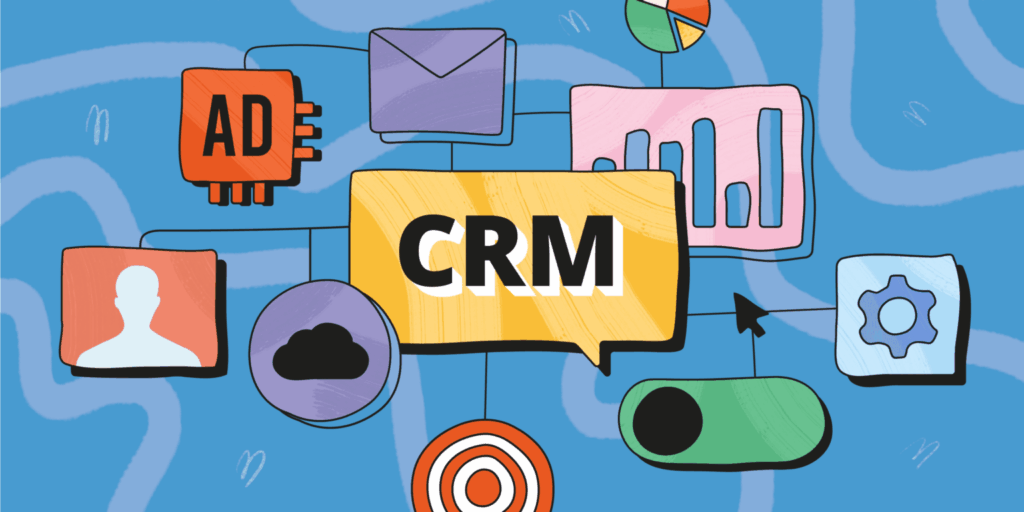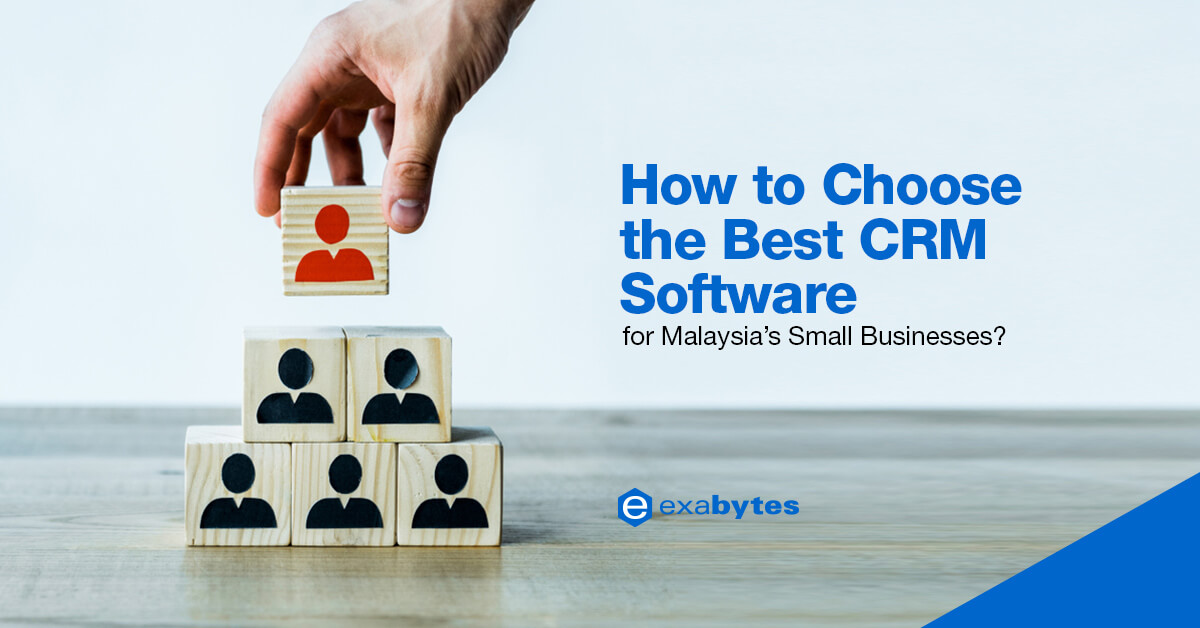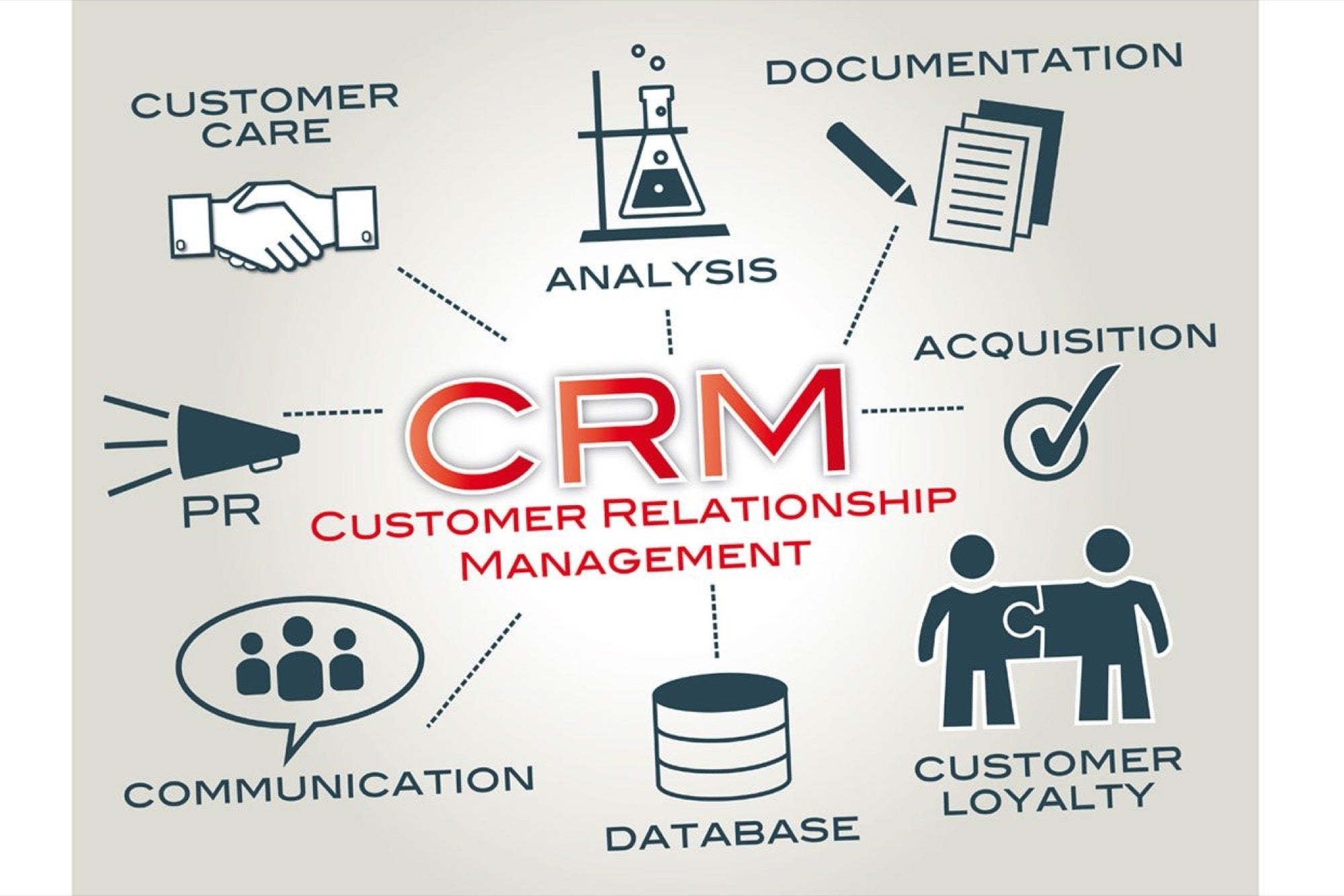Level Up Your Podcast: The Ultimate Guide to the Best CRMs for Small Podcasters

So, you’ve taken the plunge into the world of podcasting. You’re crafting compelling content, sharing your voice with the world, and building a community of listeners. That’s fantastic! But as your podcast grows, you’ll quickly realize that managing everything – from audience engagement to sponsorships and guest outreach – can become overwhelming. That’s where a Customer Relationship Management (CRM) system comes in. It’s your secret weapon for staying organized, connecting with your audience, and ultimately, growing your podcast into a thriving enterprise.
This comprehensive guide will dive deep into the best CRMs specifically tailored for small podcasters. We’ll explore what a CRM is, why you absolutely need one, and then meticulously examine some of the top contenders, weighing their pros and cons to help you choose the perfect fit for your podcasting journey. Get ready to streamline your workflow, boost your engagement, and take your podcast to the next level!
What is a CRM, and Why Does Your Podcast Need One?
Let’s start with the basics. CRM stands for Customer Relationship Management. At its core, a CRM is a software system designed to manage all your interactions with current and potential customers. In the context of podcasting, your “customers” are your listeners, sponsors, guests, and anyone else you interact with to produce and promote your show. A CRM helps you:
- Organize Your Contacts: Keep track of listener information, email addresses, social media profiles, and interaction history.
- Streamline Communication: Send personalized emails, manage newsletters, and track your communication efforts.
- Manage Sponsorships: Track potential sponsors, manage deals, and monitor campaign performance.
- Engage Your Audience: Segment your audience, personalize your content, and build stronger relationships.
- Analyze Your Data: Track key metrics, understand your audience, and make data-driven decisions.
Think of a CRM as your podcast’s central nervous system. It’s the hub where all your information resides, allowing you to stay organized, efficient, and focused on what matters most: creating amazing content and connecting with your audience.
Without a CRM, you might be juggling multiple spreadsheets, email inboxes, and social media platforms, which can lead to missed opportunities, disorganized data, and ultimately, a less successful podcast. A CRM solves this problem by centralizing all your information in one place, making it easier to manage and grow your podcast.
Key Features to Look For in a CRM for Podcasters
Not all CRMs are created equal. When choosing a CRM for your podcast, consider these essential features:
- Contact Management: The ability to store and organize contact information, including names, email addresses, social media handles, and notes.
- Email Marketing: Features for sending newsletters, automated email sequences, and personalized email campaigns.
- Segmentation: The ability to divide your audience into segments based on demographics, interests, and engagement levels.
- Workflow Automation: Tools to automate repetitive tasks, such as sending welcome emails, following up with potential sponsors, and scheduling social media posts.
- Reporting and Analytics: Features to track key metrics, such as email open rates, click-through rates, and website traffic.
- Integrations: The ability to integrate with other tools you use, such as your podcast hosting platform, email marketing service, and social media platforms.
- Ease of Use: A user-friendly interface that’s easy to navigate and learn.
- Pricing: A pricing plan that fits your budget and the size of your podcast.
These features will empower you to manage your audience, streamline your workflow, and ultimately, grow your podcast.
Top CRM Systems for Small Podcasters: A Deep Dive
Now, let’s get to the good stuff. We’ll explore some of the best CRM systems for small podcasters, examining their features, pricing, pros, and cons to help you find the perfect fit.
1. HubSpot CRM
Overview: HubSpot CRM is a popular and powerful CRM platform, offering a free version that’s perfect for small businesses and podcasters just starting out. It’s known for its user-friendly interface, robust features, and excellent integrations.
Key Features for Podcasters:
- Free CRM: HubSpot offers a completely free CRM with unlimited users, making it an excellent option for budget-conscious podcasters.
- Contact Management: Easily store and manage contact information, including listener details, sponsor contacts, and guest information.
- Email Marketing: Send personalized email campaigns and track your results. The free version allows for a limited number of emails per month.
- Sales Pipeline: Manage your sponsorship deals and track their progress.
- Integrations: Integrates with a wide range of tools, including email marketing platforms, social media platforms, and website builders.
- Reporting and Analytics: Track key metrics, such as email open rates, click-through rates, and website traffic.
- Automation: Automate tasks, such as sending welcome emails and following up with leads (limited in the free version).
Pros:
- Free Plan: The free plan is incredibly generous and offers a lot of functionality.
- User-Friendly Interface: Easy to learn and navigate.
- Powerful Features: Offers a wide range of features, including contact management, email marketing, and sales pipeline management.
- Excellent Integrations: Integrates with a wide range of tools.
- Scalability: Can grow with your podcast as you scale.
Cons:
- Limited Features in Free Version: Some advanced features are only available in paid plans.
- Email Sending Limits: The free plan has a limit on the number of emails you can send per month.
- Can Be Overwhelming: The platform’s extensive features can be overwhelming for some users.
Pricing: HubSpot offers a free CRM, as well as paid plans with more advanced features. Paid plans start at around $45 per month.
Ideal For: Small podcasters who are just starting out and need a free or affordable CRM with robust features and excellent integrations.
2. Pipedrive
Overview: Pipedrive is a sales-focused CRM that’s known for its visual pipeline management and ease of use. While it’s primarily designed for sales, it can be adapted for podcasting to manage sponsorships and audience engagement.
Key Features for Podcasters:
- Visual Pipeline Management: Visualize your sponsorship deals and track their progress through a clear, intuitive pipeline.
- Contact Management: Easily store and manage contact information for sponsors and potential guests.
- Email Integration: Integrate with your email provider to track email communications and manage your inbox.
- Automation: Automate repetitive tasks, such as sending follow-up emails.
- Reporting and Analytics: Track your sales performance and identify areas for improvement.
- Mobile App: Access your CRM on the go with the Pipedrive mobile app.
Pros:
- User-Friendly Interface: Easy to learn and navigate.
- Visual Pipeline Management: Makes it easy to track your sales and sponsorship deals.
- Strong Sales Focus: Well-suited for managing sponsorship deals and other sales-related activities.
- Mobile App: Allows you to access your CRM on the go.
Cons:
- Less Focus on Audience Engagement: Not as strong on audience engagement features as some other CRMs.
- Can Be Expensive: Pricing can be higher than some other options.
- Limited Free Trial: The free trial is limited in time.
Pricing: Pipedrive offers a free trial and several paid plans. Paid plans start at around $14.90 per user per month.
Ideal For: Podcasters who are focused on securing sponsorships and managing sales-related activities.
3. Agile CRM
Overview: Agile CRM is a comprehensive CRM platform that offers a wide range of features, including contact management, email marketing, and sales automation. It’s known for its affordability and ease of use.
Key Features for Podcasters:
- Contact Management: Organize your contacts, including listeners, sponsors, and guests.
- Email Marketing: Send personalized email campaigns and track your results.
- Sales Automation: Automate tasks, such as sending follow-up emails and scheduling appointments.
- Helpdesk: Manage listener inquiries and provide customer support.
- Reporting and Analytics: Track your key metrics and identify areas for improvement.
- Integrations: Integrates with a wide range of tools, including email marketing platforms and social media platforms.
Pros:
- Affordable: Offers a range of affordable pricing plans.
- User-Friendly Interface: Easy to learn and navigate.
- Comprehensive Features: Offers a wide range of features, including contact management, email marketing, and sales automation.
- Good for Small Businesses: Well-suited for small businesses and podcasters.
Cons:
- Can Be Overwhelming: The platform’s extensive features can be overwhelming for some users.
- Limited Free Plan: The free plan is limited in features.
- Customer Support Could Be Improved: Some users have reported issues with customer support.
Pricing: Agile CRM offers a free plan for up to 10 users, as well as paid plans with more advanced features. Paid plans start at around $9.99 per user per month.
Ideal For: Small podcasters who need a comprehensive and affordable CRM with a wide range of features.
4. Zoho CRM
Overview: Zoho CRM is a well-established CRM platform that offers a wide range of features and integrations. It’s known for its customizability and affordability.
Key Features for Podcasters:
- Contact Management: Manage your listener contacts, sponsors, and guest information.
- Email Marketing: Send email campaigns, track open rates, and manage your email lists.
- Workflow Automation: Automate tasks, such as sending welcome emails and following up with leads.
- Sales Automation: Manage your sponsorship deals and track their progress.
- Reporting and Analytics: Track your key metrics and identify areas for improvement.
- Integrations: Integrates with a wide range of tools, including email marketing platforms, social media platforms, and website builders.
- Customization: Customize the platform to fit your specific needs.
Pros:
- Customizable: Allows you to customize the platform to fit your specific needs.
- Affordable: Offers a range of affordable pricing plans.
- Comprehensive Features: Offers a wide range of features, including contact management, email marketing, and sales automation.
- Strong Integrations: Integrates with a wide range of tools.
Cons:
- Can Be Complex: The platform can be complex to set up and learn.
- Customer Support Could Be Improved: Some users have reported issues with customer support.
- Limited Free Plan: The free plan is limited in features.
Pricing: Zoho CRM offers a free plan for up to 3 users, as well as paid plans with more advanced features. Paid plans start at around $14 per user per month.
Ideal For: Podcasters who need a customizable and affordable CRM with a wide range of features and integrations.
5. Monday.com (CRM)
Overview: While known primarily as a project management tool, Monday.com also offers a CRM solution that can be adapted for podcasting. Its visual interface and flexibility make it a good choice for managing various aspects of your podcast.
Key Features for Podcasters:
- Visual Interface: The visual interface makes it easy to track your audience, sponsors, and guest outreach.
- Contact Management: Manage your listener, sponsor, and guest information.
- Project Management: Manage podcast production tasks, such as scheduling episodes and managing guest communication.
- Workflow Automation: Automate repetitive tasks.
- Integrations: Integrates with various tools.
Pros:
- Visual and Intuitive: The visual interface makes it easy to see everything at a glance.
- Flexible: Can be adapted for various purposes, including podcasting.
- Project Management Capabilities: Excellent for managing podcast production tasks.
- Good for Teams: Well-suited for teams working on a podcast.
Cons:
- Not a Dedicated CRM: While adaptable, it’s not a dedicated CRM, so some features might be lacking.
- Pricing Can Be High: Pricing can be higher than some other options, especially for larger teams.
- Learning Curve: Can take some time to learn and set up.
Pricing: Monday.com offers several pricing tiers depending on the features and team size. Pricing starts at around $9 per seat per month.
Ideal For: Podcasters who need a visual and flexible platform to manage their audience, sponsors, and podcast production tasks, especially those working in teams.
Choosing the Right CRM: A Step-by-Step Guide
Choosing the right CRM can feel like a daunting task. Here’s a step-by-step guide to help you make the right decision:
- Assess Your Needs: Before you start comparing CRMs, take some time to assess your podcast’s specific needs. What are your biggest challenges? What do you need help with? What are your goals for your podcast?
- Define Your Budget: Determine how much you’re willing to spend on a CRM. Consider both the initial cost and any ongoing subscription fees.
- Research Your Options: Research the different CRM systems available and read reviews from other podcasters.
- Compare Features: Compare the features of each CRM to see which ones meet your needs. Consider the features we discussed above, such as contact management, email marketing, and workflow automation.
- Consider Integrations: Make sure the CRM integrates with the other tools you use, such as your podcast hosting platform, email marketing service, and social media platforms.
- Try Free Trials or Demos: Take advantage of free trials or demos to test out the different CRM systems and see which one you like best.
- Consider the User Interface: The CRM should have a user-friendly interface that’s easy to navigate and learn.
- Read Reviews: Look for reviews from other podcasters to see what they think of each CRM.
- Start Small and Scale Up: Don’t feel like you need to implement every feature right away. Start with the basics and gradually add more features as your podcast grows.
Tips for Maximizing Your CRM’s Potential
Once you’ve chosen a CRM, it’s important to use it effectively to get the most out of it. Here are some tips:
- Import Your Existing Data: Import all your existing contact information into your CRM to create a centralized database.
- Segment Your Audience: Segment your audience based on demographics, interests, and engagement levels to personalize your communication.
- Use Automation: Automate repetitive tasks, such as sending welcome emails and following up with leads, to save time and increase efficiency.
- Track Your Key Metrics: Track your key metrics, such as email open rates, click-through rates, and website traffic, to understand your audience and measure your progress.
- Personalize Your Communication: Personalize your communication to make it more engaging and build stronger relationships with your audience.
- Regularly Update Your Data: Keep your data up-to-date to ensure that your information is accurate.
- Integrate with Other Tools: Integrate your CRM with other tools you use to streamline your workflow and improve efficiency.
- Train Your Team: Train your team on how to use the CRM effectively to ensure that everyone is on the same page.
- Regularly Review and Optimize: Regularly review your CRM usage and make adjustments as needed to improve your results.
Conclusion: Level Up Your Podcast with the Right CRM
Choosing the right CRM is a crucial step in growing your podcast. By centralizing your data, streamlining your workflow, and engaging with your audience, you can take your podcast to the next level. Consider the features, pricing, and integrations of each CRM to find the perfect fit for your needs. Start small, experiment, and continuously refine your approach to maximize the benefits of your CRM and build a thriving podcast. The journey of a thousand downloads begins with a single click. So, choose your CRM, get organized, and start creating amazing content!




